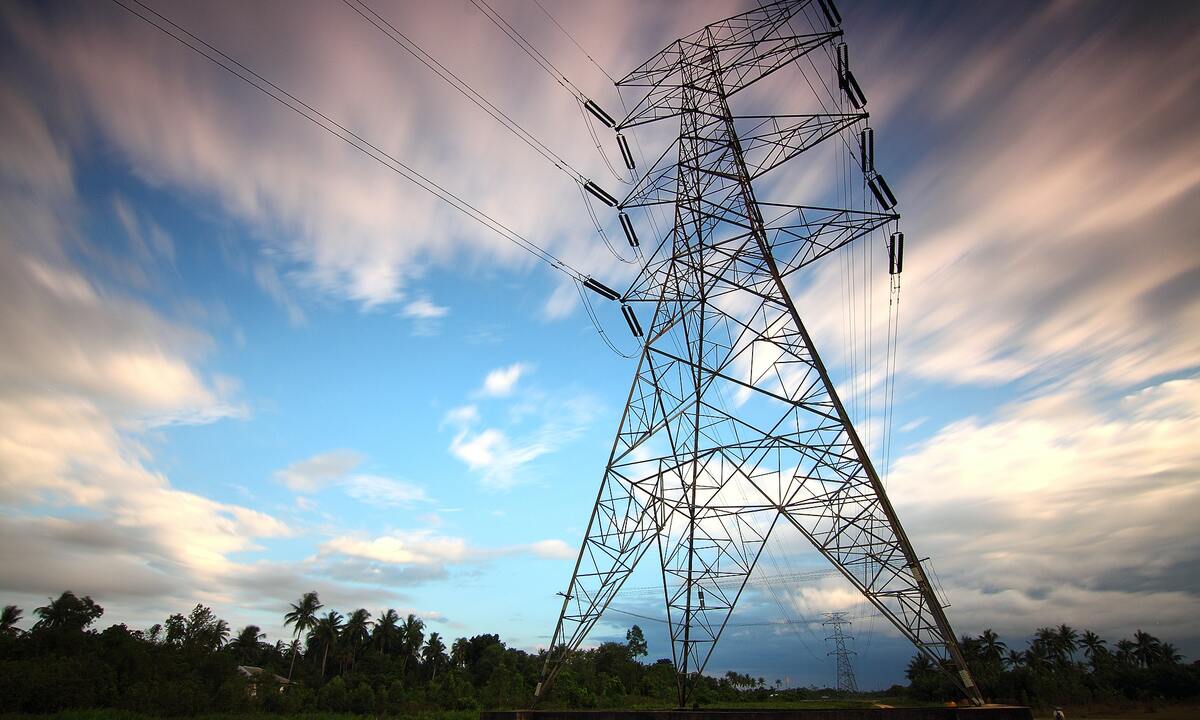News
Reserve Bank: Loadshedding to Impact Economy for 12+ Months

The South African Reserve Bank (SARB) has forecasted a meagre 0.3% growth in GDP for 2023, with loadshedding expected to subtract two percentage points from overall growth this year.
According to the SARB’s Financial Stability Review, this projection assumes 280 days of loadshedding at various stages, predominantly at stage 4 as reported by the Sowetan Live.
SARB calculations reveal that in the first five months of this year, over 13,000 GWh of electricity has been shed, surpassing the total amount shed in the entirety of 2022, which stood at 11,697 GWh.
The electricity supply situation has notably deteriorated over the years. In 2018, approximately 219-gigawatt hours (GWh) were shed, followed by 1,326 GWh in 2019, 1,701 GWh in 2020, and 2,558 GWh in 2021.
The increasing frequency and severity of loadshedding can be attributed to the declining performance of Eskom’s ageing power stations, as highlighted by the SARB.
Also Read: South Africa Prepares for Harsh Winter Power Outages
This year’s average energy availability factor (EAF) currently stands at 52.8%, a decline from the averages of 58.1% in 2022, 61.8% in 2021, and 65% in 2020. This sustained decrease in the EAF is primarily due to an escalating number of unplanned outages and more frequent breakdowns of generating units at outdated and unreliable coal-fired power stations.
So far, in 2023, the total unplanned outage factor has averaged 35.9%, marking another record high (compared to an average of 31.3% in 2022).
The SARB projects a reduction in loadshedding to 150 days (reducing GDP growth by 0.8 percentage points) in 2024 and further to 100 days (reducing GDP growth by 0.4 percentage points) in 2025 as certain mitigating interventions are implemented.
Impact:
The SARB emphasises that Eskom’s ongoing power supply constraints continue to adversely affect the productivity and profitability of businesses, potentially jeopardising the viability of SMEs. In addition, business confidence within the country has declined as a result of worsening business conditions caused by higher stages of loadshedding.
Severe loadshedding poses inflationary risks, as increased operating costs from using diesel generators are passed on to consumers, and higher rates of wastage and spoilage, particularly along food value chains, could lead to potential shortages.
According to SARB analysis, loadshedding may contribute 0.5 percentage points to headline inflation in 2023.
Additionally, loadshedding is likely to have adverse effects on other macroeconomic indicators. The contractionary impact on growth could impede a sustained recovery in employment, while loadshedding concerns will continue to weigh on investor sentiment, potentially raising South Africa’s risk premium and exerting pressure on the exchange rate.
Higher stages of loadshedding also pose an immediate risk to the efficient functioning of crucial infrastructure such as automated teller machines (ATMs) and cellular networks, which are vital for the smooth operation of the financial system.
For certain municipalities, particularly smaller ones and those in rural areas, revenue generated from electricity sales constitute a significant portion of their municipal income. While transitioning to alternative energy sources may bring long-term benefits to the economy, it will structurally impact the revenue base of municipalities, potentially straining the fiscus and negatively affecting service delivery.
Also Read: Johannesburg: A City Where Apartheid’s Legacy Persists
Outlook:
Looking ahead, the South African Reserve Bank anticipates that investments in and constructing private generation capacity will only start to yield tangible positive impacts in the medium term.
However, due to the time lag associated with these developments and the expected completion of Eskom’s major repair, capital investment, and maintenance projects within the next 12 to 18 months, loadshedding is projected to remain severe and continue to impede economic activity for at least the next year.
The persistence of loadshedding poses significant challenges for businesses, households, and the overall economy. Moreover, the uncertainty and instability caused by power supply constraints hinder productivity, limit growth prospects, and undermine investor confidence.
Furthermore, the effects of loadshedding extend beyond the immediate economic impact. The strain on infrastructure, such as ATMs and cellular networks, disrupts essential services and hampers the smooth functioning of the financial system.
Given these circumstances, the South African government, Eskom, and relevant stakeholders must prioritise addressing the root causes of loadshedding and implementing sustainable solutions to ensure a stable and reliable power supply.
Efforts to diversify the energy mix, invest in renewable energy sources, improve infrastructure maintenance, and enhance operational efficiency are crucial to mitigating the negative effects of loadshedding on the economy and safeguarding the livelihoods of South African citizens.
Additionally, coordinated measures are necessary to support affected businesses, particularly small and medium-sized enterprises (SMEs), which are more vulnerable to the adverse consequences of loadshedding. This includes targeted financial assistance, incentives for energy efficiency, and creating an enabling environment for innovation and adaptation.
Overcoming the challenges posed by loadshedding requires a comprehensive and concerted approach from all stakeholders involved. However, by addressing the underlying issues, investing in alternative energy sources, and promoting sustainable economic growth, South Africa can navigate through these difficulties and build a more resilient and robust energy sector for the future.
Also Read:
Human Settlements Receives R6.4B for Housing Access Improvement
Follow us on Google News
Photo by Pok Rie

















